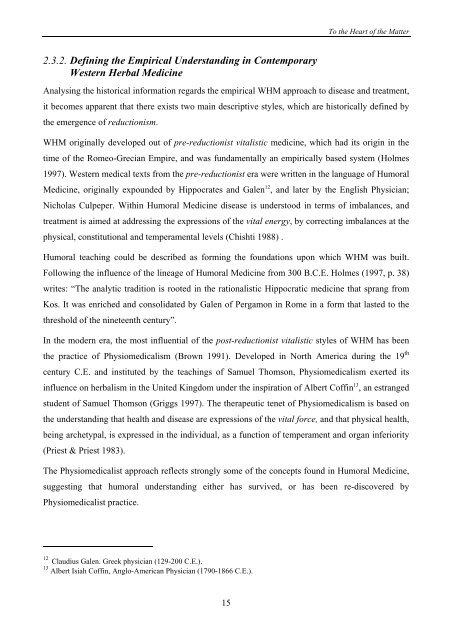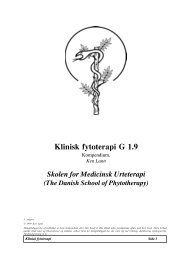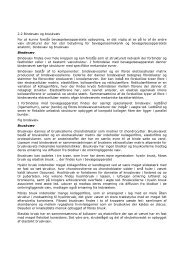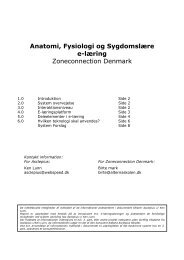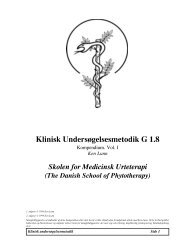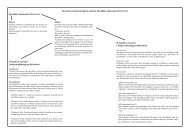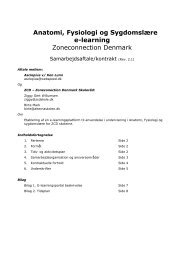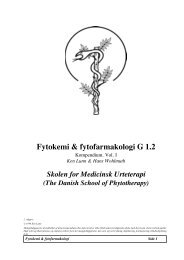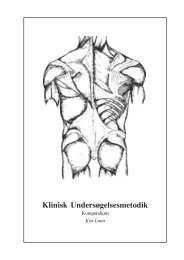PDF File - Asclepius Herbal Consultancy
PDF File - Asclepius Herbal Consultancy
PDF File - Asclepius Herbal Consultancy
Create successful ePaper yourself
Turn your PDF publications into a flip-book with our unique Google optimized e-Paper software.
2.3.2. Defining the Empirical Understanding in Contemporary<br />
Western <strong>Herbal</strong> Medicine<br />
To the Heart of the Matter<br />
Analysing the historical information regards the empirical WHM approach to disease and treatment,<br />
it becomes apparent that there exists two main descriptive styles, which are historically defined by<br />
the emergence of reductionism.<br />
WHM originally developed out of pre-reductionist vitalistic medicine, which had its origin in the<br />
time of the Romeo-Grecian Empire, and was fundamentally an empirically based system (Holmes<br />
1997). Western medical texts from the pre-reductionist era were written in the language of Humoral<br />
Medicine, originally expounded by Hippocrates and Galen 12 , and later by the English Physician;<br />
Nicholas Culpeper. Within Humoral Medicine disease is understood in terms of imbalances, and<br />
treatment is aimed at addressing the expressions of the vital energy, by correcting imbalances at the<br />
physical, constitutional and temperamental levels (Chishti 1988) .<br />
Humoral teaching could be described as forming the foundations upon which WHM was built.<br />
Following the influence of the lineage of Humoral Medicine from 300 B.C.E. Holmes (1997, p. 38)<br />
writes: “The analytic tradition is rooted in the rationalistic Hippocratic medicine that sprang from<br />
Kos. It was enriched and consolidated by Galen of Pergamon in Rome in a form that lasted to the<br />
threshold of the nineteenth century”.<br />
In the modern era, the most influential of the post-reductionist vitalistic styles of WHM has been<br />
the practice of Physiomedicalism (Brown 1991). Developed in North America during the 19 th<br />
century C.E. and instituted by the teachings of Samuel Thomson, Physiomedicalism exerted its<br />
influence on herbalism in the United Kingdom under the inspiration of Albert Coffin 13 , an estranged<br />
student of Samuel Thomson (Griggs 1997). The therapeutic tenet of Physiomedicalism is based on<br />
the understanding that health and disease are expressions of the vital force, and that physical health,<br />
being archetypal, is expressed in the individual, as a function of temperament and organ inferiority<br />
(Priest & Priest 1983).<br />
The Physiomedicalist approach reflects strongly some of the concepts found in Humoral Medicine,<br />
suggesting that humoral understanding either has survived, or has been re-discovered by<br />
Physiomedicalist practice.<br />
12 Claudius Galen. Greek physician (129-200 C.E.).<br />
13 Albert Isiah Coffin, Anglo-American Physician (1790-1866 C.E.).<br />
15


